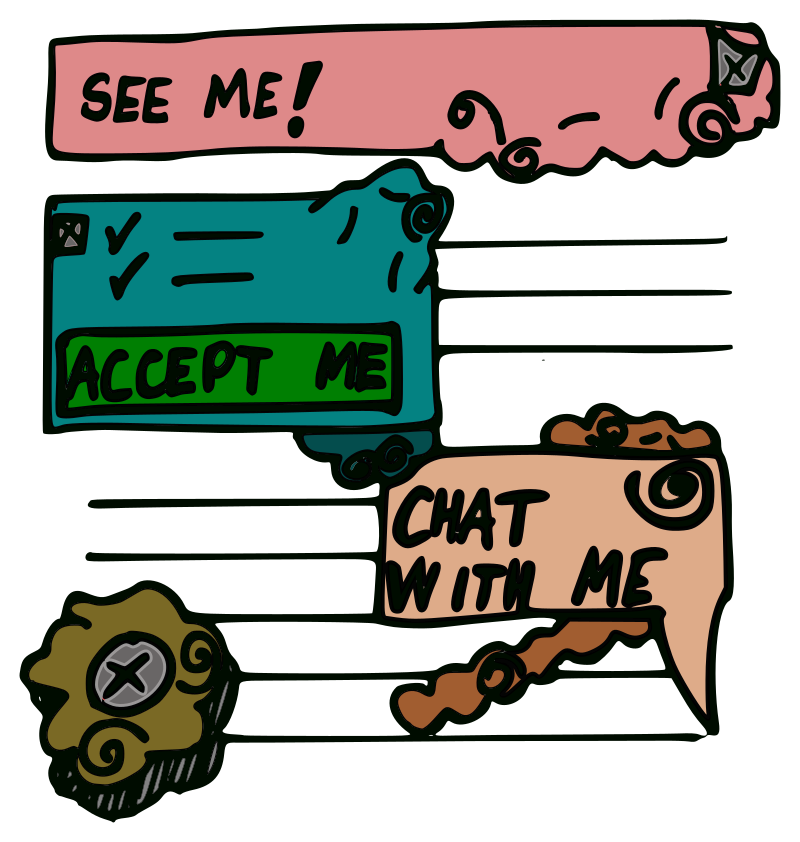Before, there were no smart phones, and web design was tailored to the computer screen. Then smart phones and tablets happened. Regular old web didn’t work so well on those, so the design became responsive and adapting to device screens. That often works well when someone actually cares about larger screen variants and implements dedicated layouts and styling.
Then mobile first happened.
Design for the mobile first and foremost, then consider designs for larger and wider screens as an afterthought. Too often it is actually mobile only design. Target the phones, and just forget about everything else. (Hell, just forget about the web entirely and force visitors to install an app, mhm ? Fuck that by the way.)
A mobile only web design may visually scale up without becoming ugly, but totally fail to take advantage of a larger screen with precise pointing device and a physical keyboard available. There is often too much wasted space; too much air, too big fonts, too big click (tap) targets and content hidden behind interactive revealing widgets. Too much imagery and visual design crap that actually drains mobile batteries faster. It becomes annoying to visit from a desktop.
In a mobile only web design, the menu is typically not directly visible, because it would take up too much space. So it requires interaction with a hamburger widget of some sort, which will reveal the menu items in huge font, typically covering whatever page is underneath completely. An anemic site map of sorts, because a real site map is just too much content. This is useless on a bigger screen – direct access to all menu items is much better. Similarly, other space saving measures just cripple the user experience on big screen, because of the narrow constraints. See the irony by the way ? The very WordPress theme I use on this site has some of those traits I do not like. (The newer ones are even more horrible, so I’m stuck with the lesser evil.)
Another common space saving measure is the Show more.. widgets. Instead of just laying out all the content and let users naturally ignore, scroll or flick past uninteresting stuff, the interface requires extra interactions while reading. When I’ve opened the next page of a book, I don’t want to be forced to do things with that page to read it. I just want to read it, skim it or skip it.
By all means, it makes very much sense to create mobile designs, but please don’t forget that the web is at its best when accessible on a variety of devices, including *OMG* actual computers with big screens.
I will end this rant by paying tribute to another lovely rant that explains this much more eloquently:
https://motherfuckingwebsite.com/

